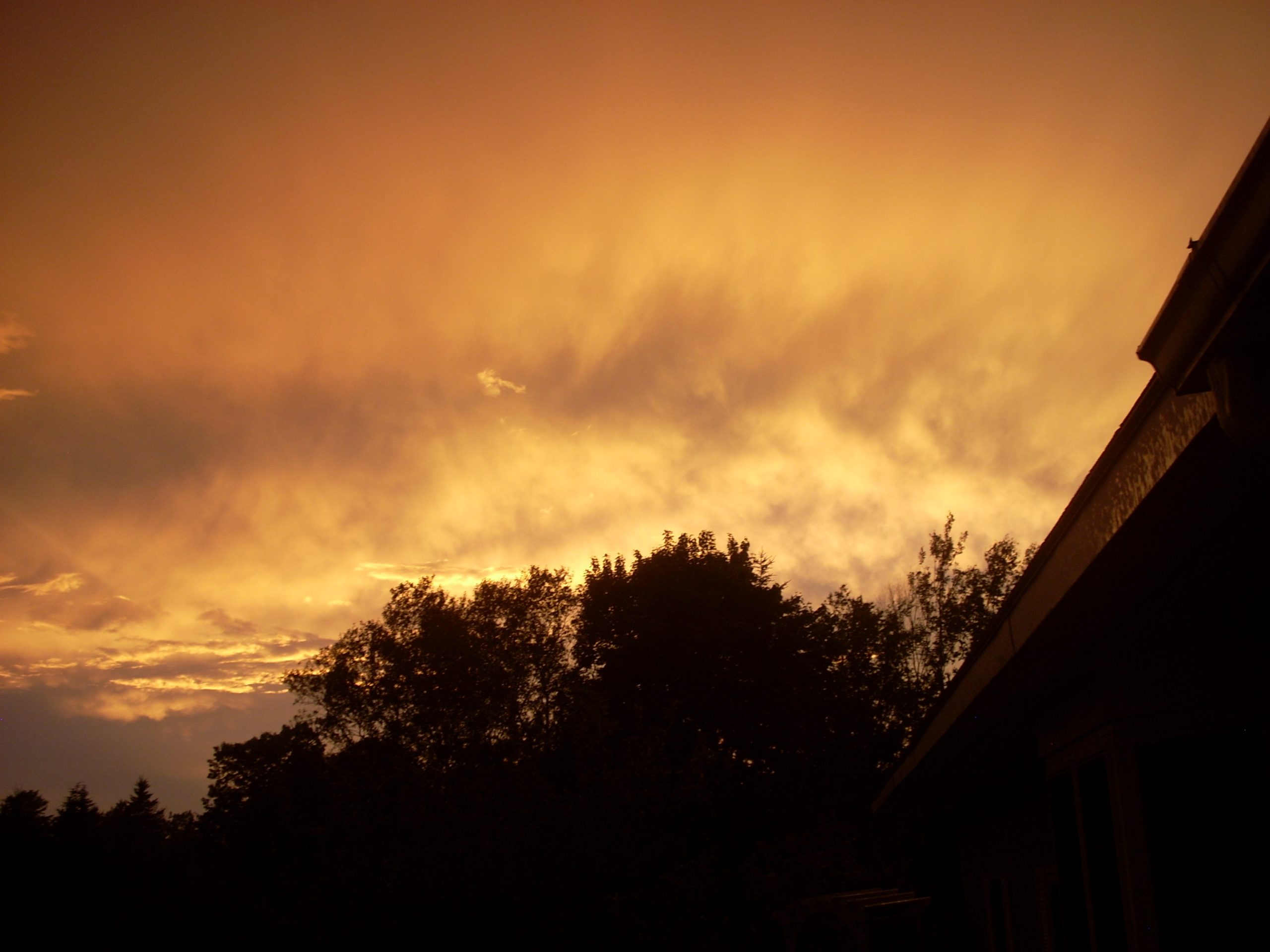
Motivating the Movement
What is the primary reason why we engage in physical activity – other than getting a good night sleep. It is often not discussed — but very important when it comes to becoming motivated to engage in exercise. I can identify four reasons why we are motivated to move.
Health
The first reason is the most obvious and probably most frequently comes to mind. It is certainly the reason most often touted in public forums. We exercise primarily for health reasons. We are told that exercising at least twenty to thirty minutes per day will yield many wonderful health-related benefits ranging from heart health to weight loss (or at least weight control). We hop on our tread mill or take our 1 mile walk each day because it is “good for us.” The big problem concerns our consistent and sustained adherence to this exercise regime.
We don’t really enjoy the treadmilling (even if we can view the morning news on our expensive exercise device). Our walk down the street by our home is very nice during some seasons of the year, but not so great during the snowy winter or during summer hot spells. We are not too keen on waking one hour early to exercise and then shower before going to work. The evenings should be devoted to the family, not pumping away on our stationary bike. We are exercise devotees for about two months and then it fades away, despite our best intentions.
Recreation
How then do we sustain our commitment to physical activity? This often involves a second reason. Exercise occurs as an outcome of recreational activities you enjoy. For example, you play tennis once a week, go ice skating with your kids, or take in a round of golf with your dear friends (without hoping on a cart). You go hiking with members of your family or jog during the summer on your nearby beach. Your recreation might even involve participating in a team sport: the women’s baseball league or more informal pickup games at the local basketball court. For some of us, recreation takes the form of much more challenging enterprises –such as rock climbing, crewing or marathon running. How about signing up for a swing dancing class with your spouse? It is all about finding an enjoyable activity that gets you moving.
There is a fancy word that can be applied to this second reason: we engage in activities that are autotelic (meaning that the activity contains its own reward). There is also a theory which accounts for some (or most) of the motivating properties of these recreational activities. A noted psychologist with an impossible name to spell, Michel Csikszentmihalyi, has done extensive research on something that he calls the flow experience (Csikszentmihalyi, 1990). We find flow when we do something located in the threshold between boredom and anxiety. It is an activity in which we can be successful, but it is also an activity in which at some level we can fail. We know that it can be done, but still find it challenging.
This is the baseball game in which we participate after work: we often win, but sometimes lose. We climb a rock face that is difficult but not impossible given our skill-level and strength. The ballet class requires me to engage in new moves that take a bit of time to learn—but I can learn and my body can adjust. Csikszentmihalyi notes that flow yields a remarkable sense of well-being: we feel like we are truly alive, and time seems to pass without us even noticing that this has occurred. In other words, the flow experience is sublime and timeless. We will do almost anything and go almost anywhere to find flow. Most importantly, if our exercise sometimes yields flow, then we have found the secret formula for sustained exercise! We are re-created while thoroughly enjoyed this unique experience –even if the flow doesn’t occur every time we engage in this activity.







